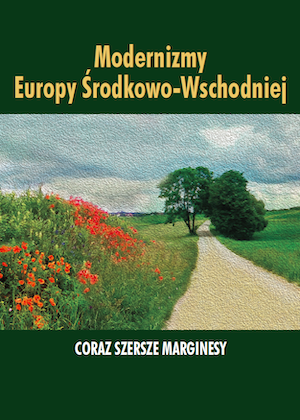Kilka spojrzeń na sprawy bałkańskie, czyli jak i po co w drugiej połowie XIX wieku czyta się Bałkany
A Few Looks at Balkan Issues or How and Why The Balkans Are Read in the Second Half of the 19th Century
Author(s): Dawid Maria Osiński
Subject(s): Cultural history, Studies of Literature, Polish Literature, Philology
Published by: Wydawnictwa Uniwersytetu Warszawskiego
Keywords: Balkans; Slavia; journey; literature of the second half of the 19th century; intimist writing; journalism
Summary/Abstract: The study looks at the specific nature of reading the Balkans in the second half of the 19th century and harmonizes with the author’s text Towards Croatia, which was published in The Problems of Literature and Culture of Modernism in Central Europe (1867–1918), in Volume I, edited by E. Paczoska, I. Poniatowska, M. Chmurski, Warsaw 2017. In the article, the author shows why the understanding of Balkan issues in the second half of the 19th century, identified accurately by Krzysztof Stępnik and Monika Gabryś-Sławińska, as well as the Serbo-Croat questions and the interest in this geopolitical region are of such importance to Polish identity at the time. The author analyses: a memoir Three Months in Croatia. Reminiscences of A Journey in Austria and Hungary (as well as other examples of travel discourse showing Western interest in the Balkans); a several-episode critical review by Alexander Świętochowski, concerning two books on Serbia (here the author of the article also refers to other texts referring to Balkan issues); six letters from Bronisław Grabowski to Eliza Orzeszkowa: excerpts from Eliza Orzeszkowa’s letters to Teodor Tomasz Jeż; the correspondence between Wincenty Pol and Józef Ignacy Kraszewski; historical novels on Southern Slavia by Teodor Tomasz Jeż; The Doll by Bolesław Prus and his chronicles devoted to Balkan issues.
Book: Modernizmy Europy Środkowo-Wschodniej. Coraz szersze marginesy
- Page Range: 59-138
- Page Count: 80
- Publication Year: 2020
- Language: Polish
- Content File-PDF

